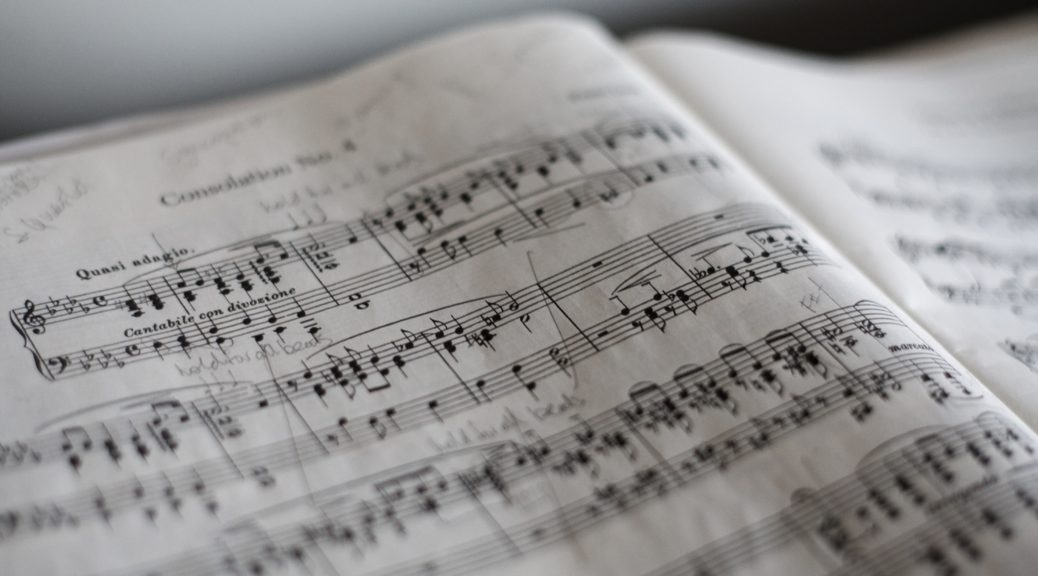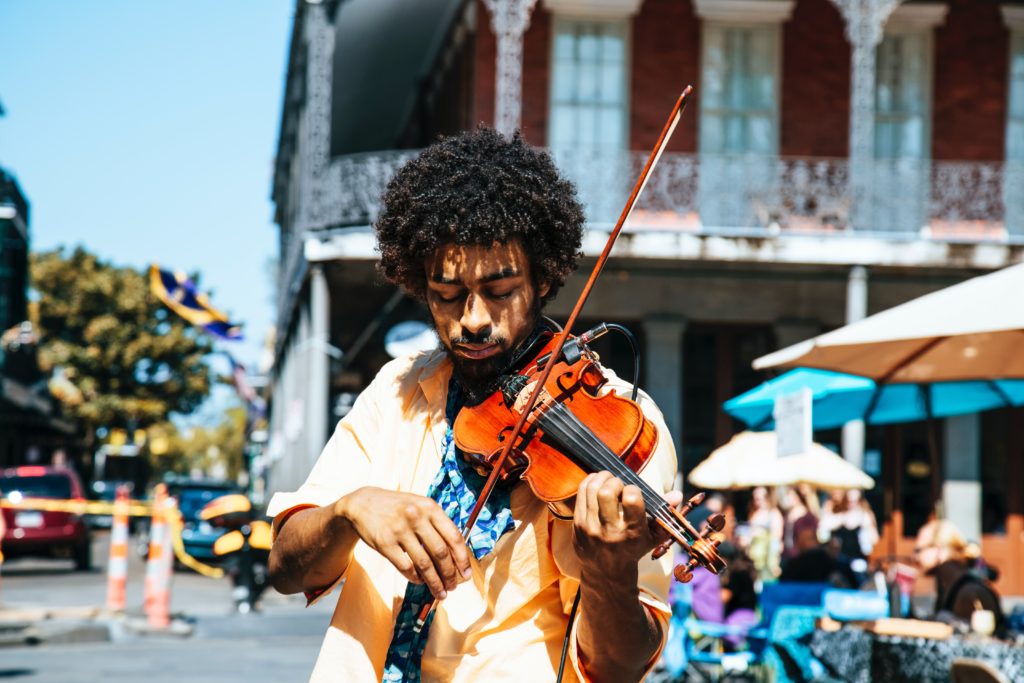By Anahi Terrazas
Edited by Natalie Grace Sipula
[4.5 minute read]
Prior to the onset of the Covid-19 pandemic, concert-going was one of my favorite pastimes. I’ve been to multiple concerts over the past couple of years (my favorite arguably being the One Direction concert). One of my favorite artists is also Harry Styles, so you can imagine my excitement when I learned that he would be performing during Super Bowl weekend in Miami.
As soon as I heard he would be performing in Miami, I bought tickets—mind you, I didn’t know anyone that I could go to the concert with, so I messaged a girl that I had met at the Women’s March and added on Instagram weeks prior to the concert. It turned out that she was also going to be attending the concert and didn’t have anyone to go with, so we made a plan to meet up at the venue. The concert was approximately a 40-50 minute drive from where I was attending school prior to transferring to USC.
The concert was at 8 pm, but it was open seating, so to get a good seat you had to arrive early. I got there promptly at 5 am the day of the concert. I had driven from Parkland, Florida to Miami. The venue was built specifically for Super Bowl weekend and it was basically on an island that did not have any parking, so in order to arrive you had to park somewhere in downtown Miami and Uber to the venue (this is an important detail for later). I very excitedly arrived at Miami and by around 6:15 am I was standing in line with my friend from the Women’s March.

While waiting in line, everything was seemingly normal; we made friends with the girls in line with us and chatted about how excited we were. However, when the clock hit 7:30 pm and we still weren’t allowed into the venue, I started to question what was happening. We were eventually led into the venue at around 8:30 pm, and though I was incredibly tired because I had been awake since 4 am, the rush of being able to see Harry Styles perform kept me from getting too impatient. Mark Ronson, a DJ, was the first opening act and by around 10:30 pm, Lizzo, the second opening act, started performing.

Though I had been to many concerts before, I had never experienced the main act starting so late. After Lizzo’s performance, time passed and there was still no sign of Harry Styles getting on stage. At this point everyone in the pit started to get dehydrated because we had been standing so long without water. People started to ask security for water and question why it was almost midnight and Harry Styles had yet to perform.

Nevertheless, the people around me and I kept our hopes up because it was Harry Styles’ birthday the next day, so we assumed that he was waiting until midnight to perform in order to celebrate his birthday. In fact, once the clock hit 12 am fans started to sing “Happy Birthday” when suddenly, the screen in front of us flashed a message saying that the concert was canceled due to extreme weather and that we had to be evacuated.







